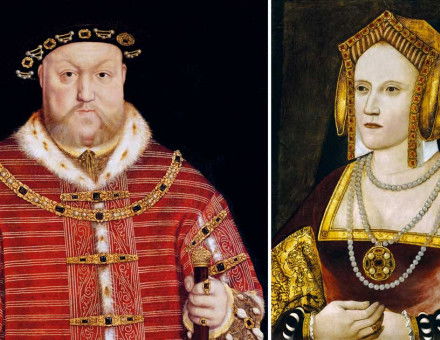Protest and Survive
Bruce Kent reflects on the achievements and shortcomings of the peace movement and anti-nuclear weapons campaigns of the 1980s, from a post-Cold War perspective.
The term peace movement frequently appeared in the press in the 1980s as ‘peace movement’. The quotation marks indicated a warning. ‘Peace’ was not then an ideologically clean word. Indeed, without quotation marks, the phrase sometimes caused irritation. Were other movements and organisations by implication ‘war movements’? In vain I used to point out that the Campaign for Nuclear Disarmament (CND) and its allies did not invent the phrase but were landed with it. It was certainly not intended by us to be exclusive. If Pope Paul VI in his 1967 encyclical Populorum Progressio was correct (‘Peace is the fruit of anxious daily care to see that everyone lives in the justice that God intends’) then all those working for justice are working for peace. Amnesty International, the World Development Movement, the United Nations Association, the Red Cross, and a host of other individuals and groups make up the wider peace movement.
Even applying the term to the anti-nuclear weapon world of the 1980s, there are those who should be included who might be forgotten. Lord Louis Mountbatten, for one. As early as May 1979 he had sent out a clear signal:





